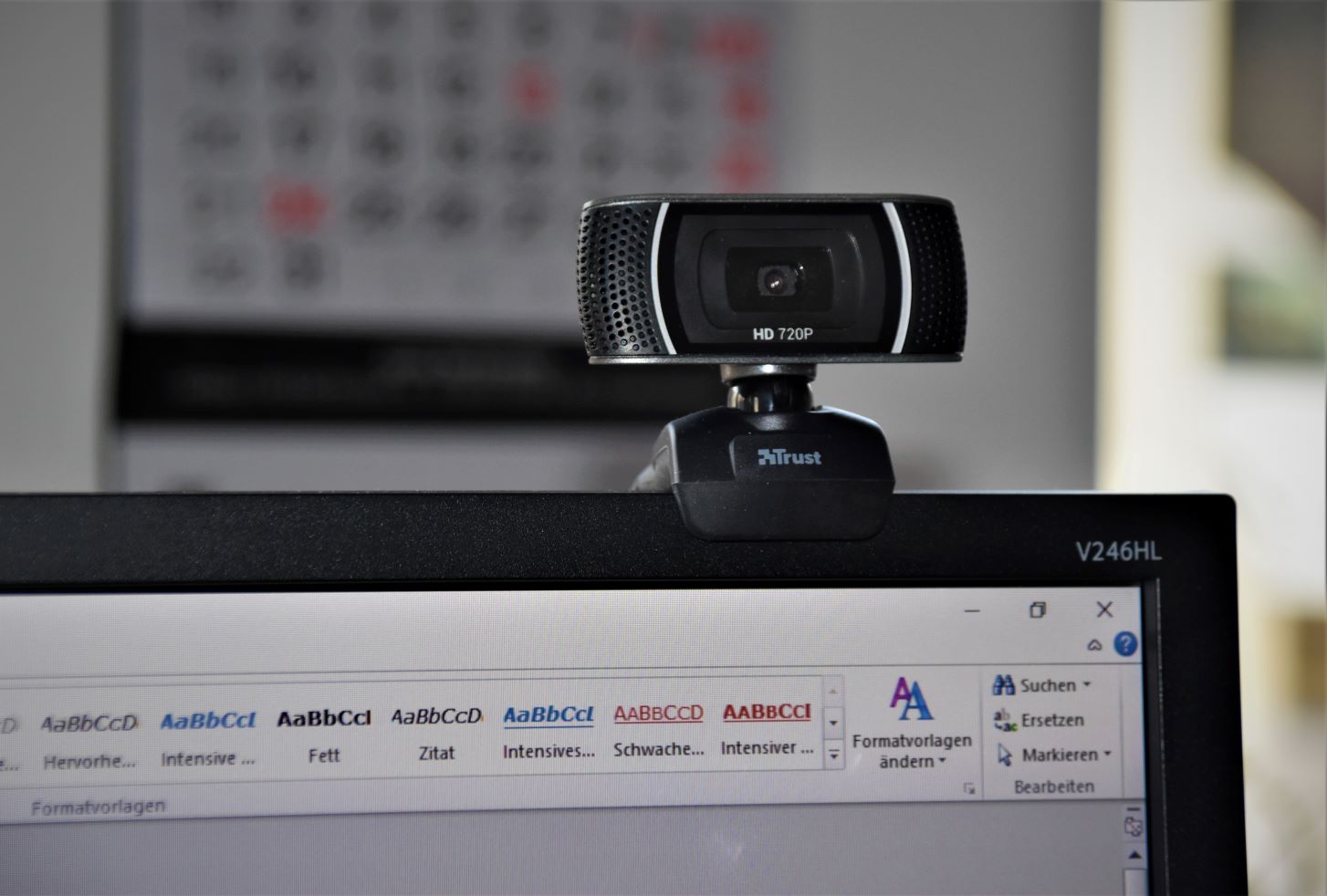Filming students during online exams – not with one, but with two cameras? Institutions can decide that for themselves, Minister van Engelshoven writes. How about TU Delft?
Filming students during their online exams with not one, but two cameras? The institutions are free to decide. (Photo: Waldemar Brandt via Unsplash)
The use of cameras during online proctoring has been causing headaches for nearly a year. Many students already had an issue with being filmed and under surveillance while writing examinations.
But Erasmus University Rotterdam is going a step further. In addition to using their laptop’s webcam, students now also have to use their mobile phones as a second camera. By doing so, the University hopes to prevent a new kind of cheating, Erasmus Magazine revealed in January.
Called to account
But they shouldn’t be able to get away with that without scrutiny, objected Partij voor de Dieren, who have taken a strong position against surveillance software in online exams from day 1. The party wanted to know if the Minister was going to call Erasmus University to account.
Van Engelshoven is certainly not willing to go that far, her statement made clear. She is calling on educational institutions to show restraint and only allow the use of a second camera if it is “strictly necessary”.
But the PvdD had more questions, because what about student privacy? Erasmus University Rotterdam is following the rules, the Minister answered. The University’s executive board has also agreed that second cameras will not be used if a different method of assessment is available. Moreover, students who strongly object to online proctoring are already allowed to sit an alternative exam on campus anyway.
TU Delft
Essential point: it is always up to universities and colleges to decide how best to deal with academic dishonesty, in the Minister’s opinion. Other methods of assessment are already being used as much as possible, such as open book exams and hand-in assignments. But that just doesn’t work when testing some material.
TU Delft does not work with a second camera and has no intention of doing so, says Willem van Valkenburg, chairman of the Taskforce Assessment. “It provides almost no additional useful image information because you cannot read what is happening on the screen and it creates additional technical problems”, he explains.
HOP/Evelien Flink, Delta/Annebelle de Bruijn
Translation: Taalcentrum-VU
Do you have a question or comment about this article?
redactie@hogeronderwijspersbureau.nl


Comments are closed.